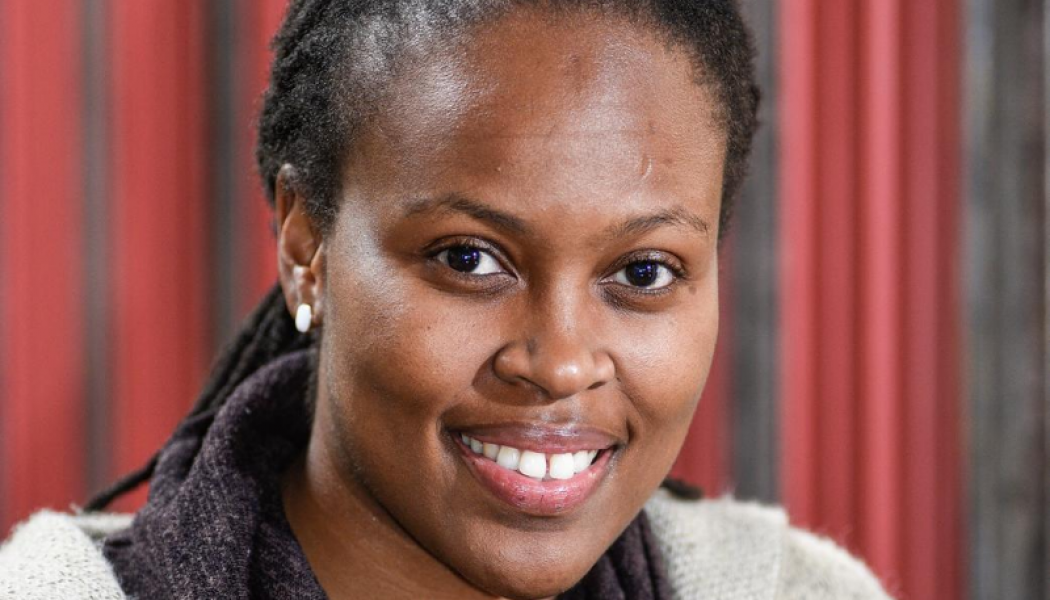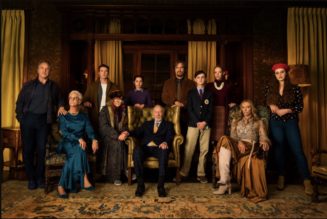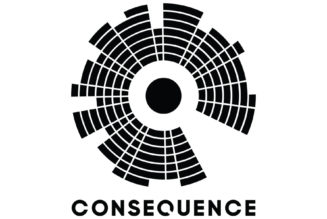Gciniwe Dlamini is a Research Engineer at IBM Research. She is currently working on developing robust machine learning and statistical models to analyze and derive insights from real healthcare data.
In conjunction with machine learning algorithms, she is using natural language processing tools to analyze medical reports in text format and digital signal processing techniques to analyze acoustic signals.
ITNA’s Jenna Delport had the opportunity to chat with Dlamini about her role at IBM and what it takes to make it as a woman in this male-dominated industry. Here’s what transpired:
What is your typical day as a Research Engineer like? Does that even exist for you?
/* custom css */
.tdi_3_031.td-a-rec-img{ text-align: left; }.tdi_3_031.td-a-rec-img img{ margin: 0 auto 0 0; }
The field of AI is moving at breakneck speed at the moment with incredible results being published weekly. So my typical day attempts to read a few of these papers, especially those that are aligned to my current research field in computational genomics so that I stay up-to-date on the latest research trends. As a research engineer, I work on building reliable models through the implementation and interpretation of research results.
When I’m not coding away, I attend several meetings a week. These cover presentations made by other researchers and brainstorming on the team’s latest patents.
On atypical days, which are equally exciting, I travel internationally for conferences and other project-related engagements. Of note is my trip to Uganda a few years ago where I spent a few weeks with more than 40 oncologists from a dozen countries to get feedback about how AI can help them meet more patients and provide better care.
This experience led to the development of the free Cancer Guidelines Navigator tool. I’m proud to have been involved in this high-impact project, which makes my job as a research engineer all that more fulfilling.
It’s been a crazy six months. What’s been your biggest learning curve during COVID-19?
Most of us had to abandon our many daily routines when all the lockdown restrictions were put in place. This pandemic has definitely brought new meaning to “survival is for those who are flexible”! So, being able to adapt to the new normal has been one of my biggest learning curves.
How does it feel to be a woman in a male-dominated field?
First and foremost, I feel grateful to be in a field that I am passionate about, as intimidating as it may be sometimes. A few things beat waking up in the morning to do what you enjoy doing.
But like many women, I do sometimes suffer from imposter syndrome and other inferiority complexes – and what helps during those difficult moments is my solid support system. I also do feel a sense of responsibility to other women and girls who aspire to be in this field, a responsibility to pay it forward, to let them know that their dreams are valid and that they can become a reality.
So my advice to them is to dream big, but more practically, find a strong mentor.
What kind of challenges or barriers to entry do women face in the tech industry, especially in South Africa?
At the secondary and high school levels, one of the barriers to entry is the perceived degree of difficulty of the STEM subjects. And as such, many females shy away from selecting subjects that may eventually lend them a career in tech.
Fast forward to the tertiary level, only a few females have the necessary background to pursue a STEM degree in the first place. And of that few, the number that eventually graduates with the STEM degree is even lower. So the retention rate is not very impressive, and this could be attributed to perceptions of what careers in tech or STEM look like.
I know that there is the thinking that outside academia, there aren’t many opportunities for STEM-degree holders. And this is false. So I think a lot needs to be done in terms of creating awareness of the vast opportunities that are available in STEM.
How has the IT sector changed throughout your working career, in terms of greater gender equality? Is there one thing you would like to see changed?
I’ve been working in this space for four years now, and to be honest, I am seeing a change, it’s steady, but it is most certainly there. Case in point, at IBM Research in Johannesburg, the research teams are being managed by two brilliant female Research Scientists!
Before my generation, there weren’t very many female (let alone black) researchers in academia or industry or the tech sector in general. Currently, we are actively being sought out. It is rare now to find a female developer or scientist out of a job. In fact, the challenge now is to fill those positions that have been reserved for female scientists and developers.
What needs to happen to support the currently existing framework is a focus on female education and outreach programs, such as GirlCode and Kode With Klossy – wherein the government collaborates with industry for the express purpose of recruiting female scientists and developers from school to formal employment and entrepreneurship.
What advice would you give to women who are looking to take on the world of tech?
If you are a woman who is interested in tech but you do not have the necessary qualifications, the good news is that there are many opportunities to learn tech and tech-related skills at a post-graduate level. There are many accredited online courses you can take at your own pace to get your foot in the door! So not all is lost if a STEM degree is not what one obtained at a tertiary institution.
Whether or not you’re in a position to immediately take on a tech role, one key piece of advice is that you get a mentor who is already in the field. Having someone to share with you their experiences, challenges, and how they overcame those challenges is invaluable. And having that mentor will be an encouraging reminder that indeed it is possible to attain success.











